Where did Mardi Gras start in the US? You may be thinking it's New Orleans but it's not.
In the United States, Mardi Gras is an event that is very much celebrated in some southern cities. French for Fat Tuesday, Mardi Gras is always on the Tuesday before Ash Wednesday. This year it will be held on Tuesday Feb. 13. Mardi Gras is only one day but the Mardi Gras season, also known as the carnival season, can last for weeks culminating on Fat Tuesday.
Many people assume that New Orleans is the birthplace of Mardi Gras. However, many historians and researchers give the honor of originating Mardi Gras in the U.S. to another southern city: Mobile, Alabama. Mobile is located 144 miles away from New Orleans.
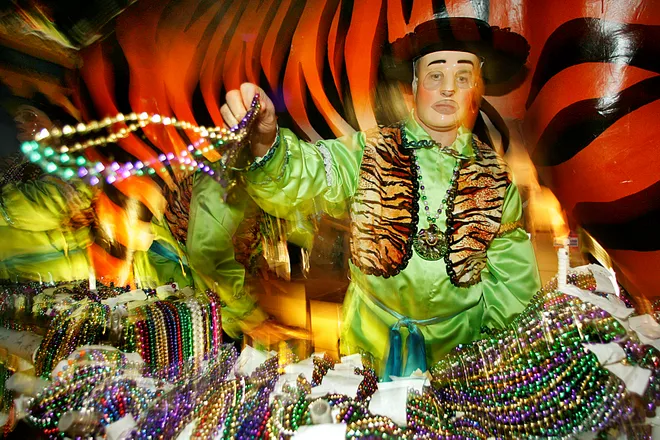
Some history books claim that the first Mardi Gras in America happened in 1699 when French explorers Pierre Le Moyne d’Iberville and Jean-Baptiste Le Moyne de Bienville, also known as Sieur de Bienville, landed in Louisiana near the Mississippi River.
However, technically that fact may not be true according to the records of the two cities and when they were founded. Mobile was founded in 1702 while New Orleans was founded much later.
“Apparently, as early 1703, the French held a type of Mardi Gras celebration in Mobile,” Donnelly Lancaster Walton told History.com. “New Orleans wasn’t founded until 1718. Therefore, strictly speaking, Mobile had the earliest celebration of the two cities.”
When is Mardi Gras this year?:Prep the king cake, here are the details for Fat Tuesday 2024
History of Mardi Gras in Mobile
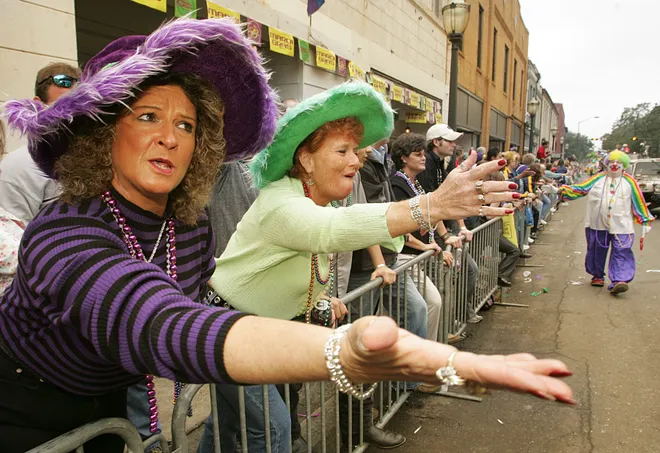
In 1703, Mobile, Alabama was the first city recorded to have the oldest organized Mardi Gras in the U.S., according to Curious Cuisiniere.
"The first documented celebration of modern-day carnival, what people think of as carnival in the United States is historically without a doubt began in Mobile. There are two ingredients to American carnival. They are a parade and a ball that are tied together by theme hosted by a given group. The groups are called in Mobile Mystic Societies. In New Orleans, they're called Krewes," Cart Blackwell, curator of the Mobile Carnival Museum, told USA TODAY. "On New Year's Eve going into 1830, a group of men in Mobile staged an impromptu parade. The very next year, they did a parade with floats."
Blackwell explains that the carnival gained popularity as it traveled to other neighboring cities in Alabama. After Mobile, the celebration appeared in Selma and then Montgomery. In 1857, a parade with a ball afterwards went to New Orleans.
Mardi Gras in Mobile: Mystic Societies play a big role
Mystic Societies are individually run similar to social clubs or groups. The societies have its own officers, boards of directors, and rules and regulations.
"[The Mystic Societies] run like mini businesses. They have monthly meetings in an adjacent building to their float barns, that's referred to as the den." Judi Gulledge, executive director of the Mobile Carnival Museum told USA TODAY. "They have property and buildings, and they have to pay taxes on all of those. They run independently with whatever it is that the organization has."
When forming a Mystic Society, the group must clarify if they want to be a parading or non-parading organization. Parading groups will participate in the parade for the city of Mobile. Non-parading groups will just have a ball, a tableau or an opening skit.
Gulledge said that Mystic Societies have been in Mobile for over 150 years. Currently, there are 80 Mystic Societies in Mobile. The oldest societies are still operating today.
"The oldest non-parading organization is the Strikers Independent Society and the oldest parading organization is the Order of Myths, which is sometimes referred to as OOM, or as the locals call it Double OM. They have been parading since 1868," Gulledge said.
Many of the societies hold balls and select a king, queen, and an entire royal court to present.
A 2008 documentary called Order of The Myths explores the unique complexities of Mystic Societies in Mobile.
Mardi Gras in Mobile keeps tradition alive on smaller scale
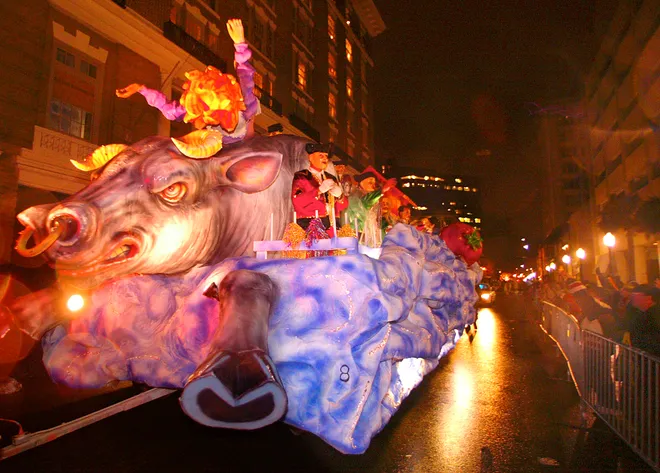
Undoubtedly, New Orleans brings the crowd when it comes to celebrating Mardi Gras. Although Mobile's Mardi Gras may not get as much attention as New Orleans, their carnival is very sentimental to everyone that participates.
"There's a lot there's a big difference between the two and that Mobile’s {Mardi Gras] is more rooted in family, it's owned by Mobilians, and to parade you have to be a member of an organization.," Blackwell said. "That brings about an accountability of behavior. There's a stronger police presence. It's a smaller city so it doesn't get the crowds that New Orleans does and it's very much community owned and policed."
Mobile's Mardi Gras may be small compared to New Orleans, but it does bring in a lot of revenue for the city.
"The last major study conducted by the University of South Alabama's business school in 2012 and it was determined, in less than a month, carnival generated over $400 million from Mobile County," Blackwell said. "That has been a sixth of the state of Alabama's annual tourism income at the height of the recent great recession."
Mobile and New Orleans: A tale of two carnival celebrating cities
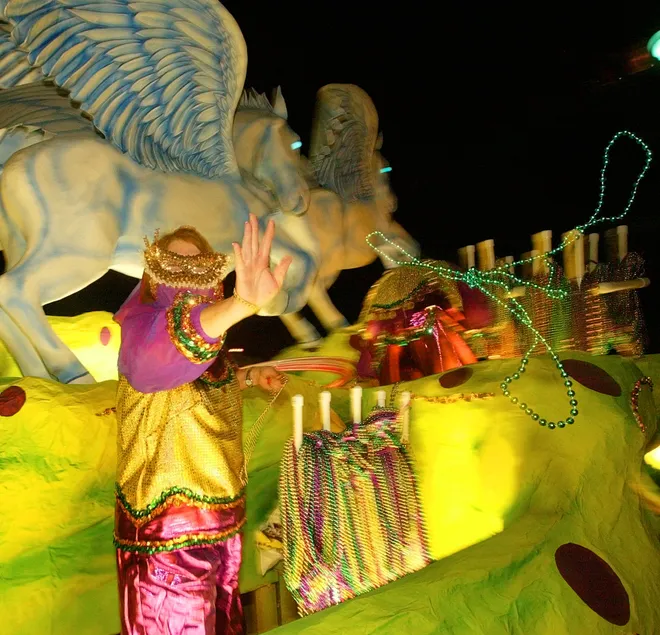
New Orleans and Mobile have a playful banter about who really should be credited with Mardi Gras. It's often a topic of conversation between the residents of both cities and Mobile and New Orleans mayors have even sparred about it on social media. Additionally, each year, Mobile's mayor issues a proclamation giving New Orleans "permission" to celebrate Mardi Gras.
But no matter where revelers decide to party, New Orleans and Mobile alike both want their celebrations to be fun and welcoming.
"Both Mobile and New Orleans are old port towns, and they have always welcomed people. They have experienced the waves of migration to our country, and they have benefited from it," Blackwell said to the Montgomery Advertiser, a part of the USA TODAY Network, back in 2022. "While we might not be receiving immigrants within our ports these days, that spirit of welcomeness to ideas and culture is permeated in the very being and fabrics of our cities."
Contributing: Todd A. Price
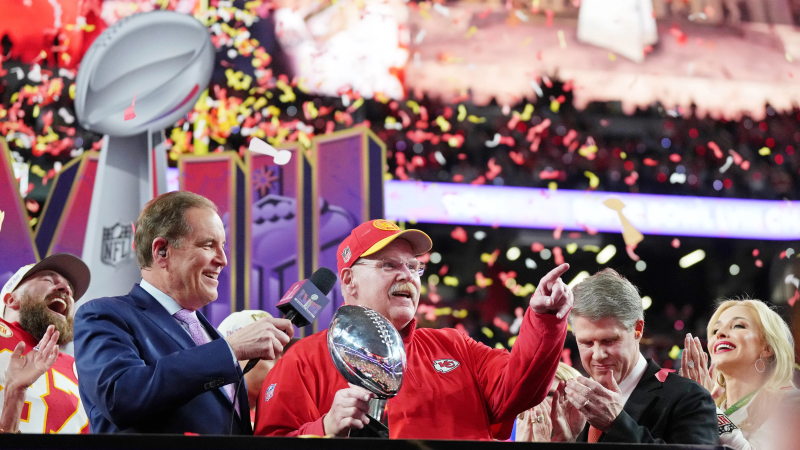
Disclaimer: The copyright of this article belongs to the original author. Reposting this article is solely for the purpose of information dissemination and does not constitute any investment advice. If there is any infringement, please contact us immediately. We will make corrections or deletions as necessary. Thank you.




